Podcast: Play in new window | Download (Duration: 25:31 — 17.7MB) | Embed
Subscribe: Apple Podcasts | Spotify | Amazon Music | Android | Pandora | iHeartRadio | JioSaavn | Podchaser | Gaana | Podcast Index | Email | TuneIn | Deezer | Anghami | RSS | More

The 4th Sunday of Advent – The Joy of Christ’s Coming – Building a Kingdom of Love with Msgr. John Esseff
In this final Sunday of Advent reflection, Msgr. John Esseff and Kris McGregor turn to the mystery of the Incarnation through the Gospel of Matthew and the prophecies of Isaiah. The episode traces God’s faithful promise to send a Savior, moving from the darkness that followed the fall of Adam and Eve through the long hope of Israel and into the quiet obedience of Joseph and the fiat of Mary.
Msgr. Esseff reflects on Mary as the faithful woman prepared from all ages to receive the Word made flesh. Through her obedience, God enters human history in a new and intimate way. The Incarnation is presented not only as an event in the past, but as a living reality that continues through those united to Christ. Drawing from St. Paul’s Letter to the Romans, Msgr. Esseff speaks about incorporation into Christ through baptism and the call to live as Christ in the world today.
The reflection moves from Scripture into daily life. Listeners are invited to examine how Christ desires to radiate through relationships, family life, parish communities, work, and moments of suffering. Msgr. Esseff speaks tenderly to those who are ill, grieving, anxious, or isolated, affirming that suffering united to Christ carries deep meaning and hope.
The episode closes with a call to joy, patience, and interior awareness. Christ has come. Christ dwells within. Christmas becomes not only a celebration of Bethlehem, but a rediscovery of identity and mission as Christ’s presence in the world.
Discerning Hearts Reflection Questions
- Where have I seen Christ living and acting through me during this Advent season?
- How do my daily relationships reflect the presence of Christ within me?
- In what area of my life is Christ inviting healing, humility, or reconciliation?
- How do I unite moments of suffering or weakness to the life of Christ within me?
- What does it mean for me to carry Christ into my family, parish, or workplace this Christmas?
Msgr. John A. Esseff is a Roman Catholic priest in the Diocese of Scranton. Msgr. Esseff served as a retreat director and confessor to St. Teresa of Calcutta. He continues to offer direction and retreats for the sisters of the Missionaries of Charity around the world. Msgr. Esseff encountered St. Padre Pio, who would become a spiritual father to him. He has lived in areas around the world, serving in the Pontifical missions, a Catholic organization established by Pope St. John Paul II to bring the Good News to the world, especially to the poor. Msgr. Esseff assisted the founders of the Institute for Priestly Formation and continues to serve as a spiritual director for the Institute. He continues to serve as a retreat leader and director to bishops, priests and sisters and seminarians, and other religious leaders around the world.


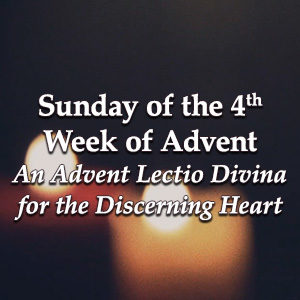 From the book of St. Matthew 1:18–24
From the book of St. Matthew 1:18–24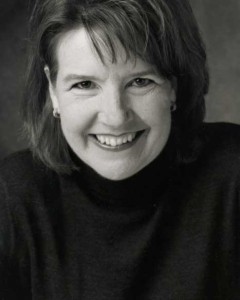


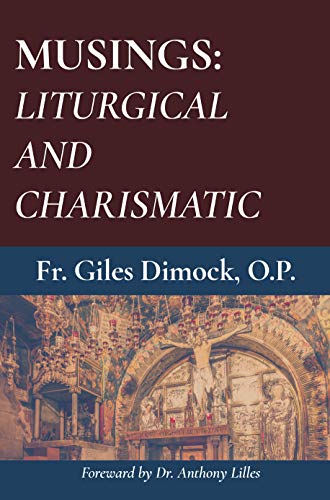
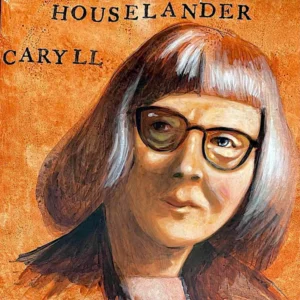
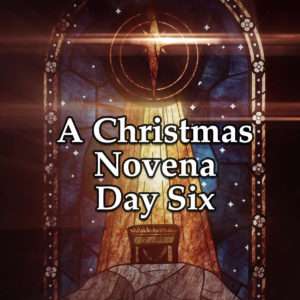
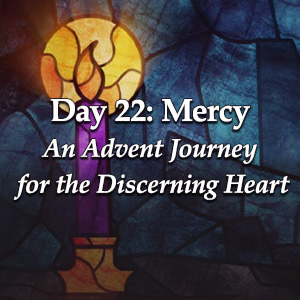 DAY 22 – Mercy
DAY 22 – Mercy
